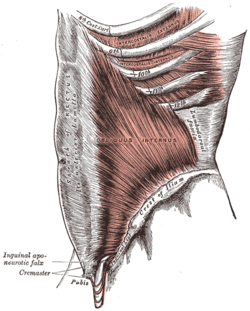I just notice that there's two separate thread for Yoga. Another is here if anyone want to check the other thread with very usefull informations. Also, if moderators want to merge this two.
If someone want to try some of this exercises you could easily find them here: Yoga in Daily Life _https://www.yogaindailylife.org/system/en/
Rashi said:I agree yoga is very powerful to increase your inner strength and it helps a lot in concentration. Yoga is an ancient practice that not only focuses on the body’s overall well-being, but also has a structured and focused asana for each body part, both internal and external. It aims to strengthen the body, mind, and soul alike, ensuring harmony among all the elements and constituents of the human body.
Some asana which helps in day to day life routine.
1. Padahastasana – For A Flat Tummy
2. Makarasana – To Relax The Nervous System
3. Dhanurasana – For Stress Release And Relief From Menstrual Cramps
4. Ardha Salabhasana – To Stimulate The Digestive System And The Autonomic Nervous System
5. Bhujangasana – To Stimulate The Svadhisthana Chakra And Increase Metabolism
6. Utthanpadasana – To Improve Blood Circulation
7. Virabhadrasana – To Increase Stamina
8. Vrikshasana – To Improve Balance And Stability
9. Vyaghrasana – To Strengthen Hip And Back Muscles
10. Naukasana – To Reduce Fat And Strengthen The Lower Body
If someone want to try some of this exercises you could easily find them here: Yoga in Daily Life _https://www.yogaindailylife.org/system/en/


